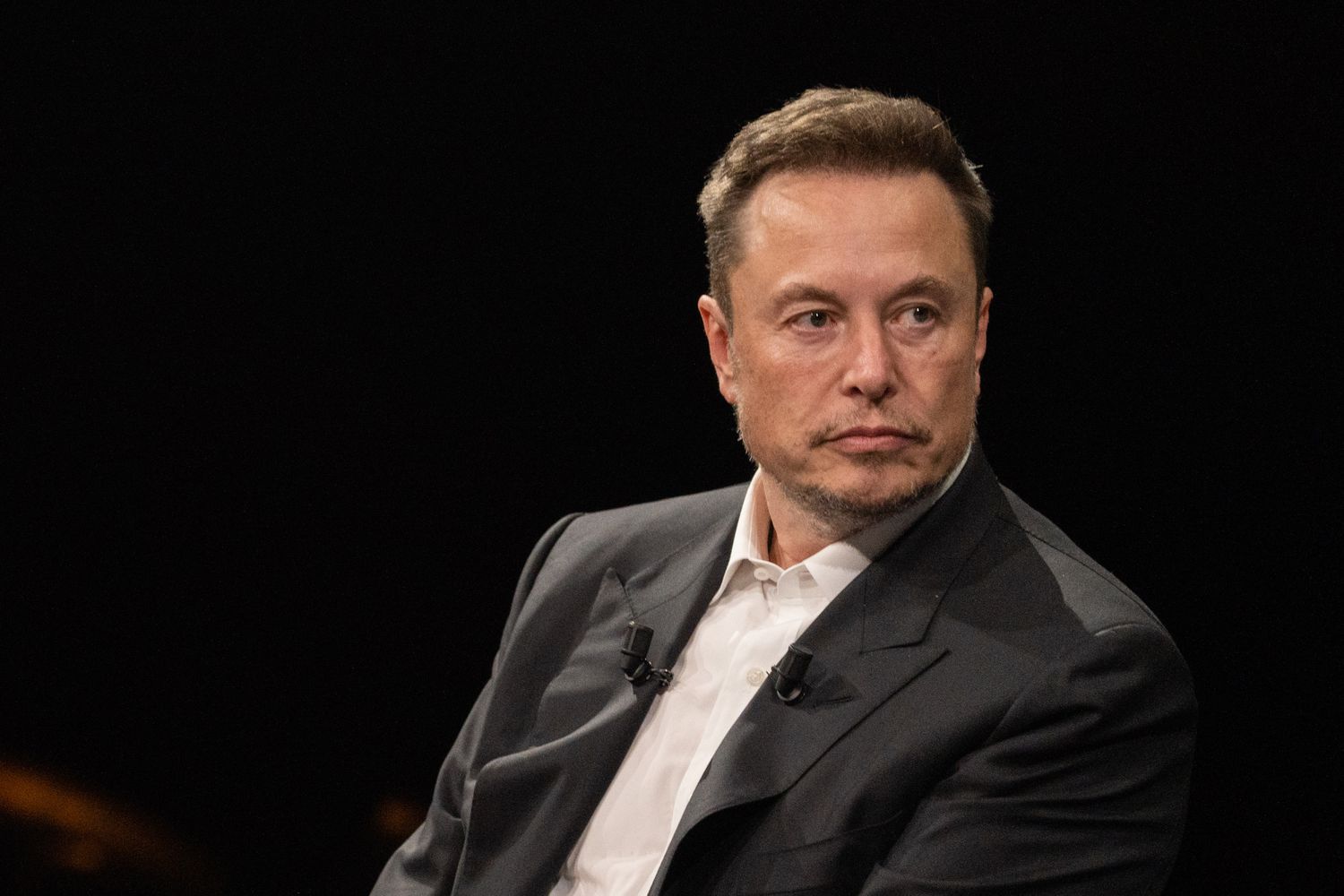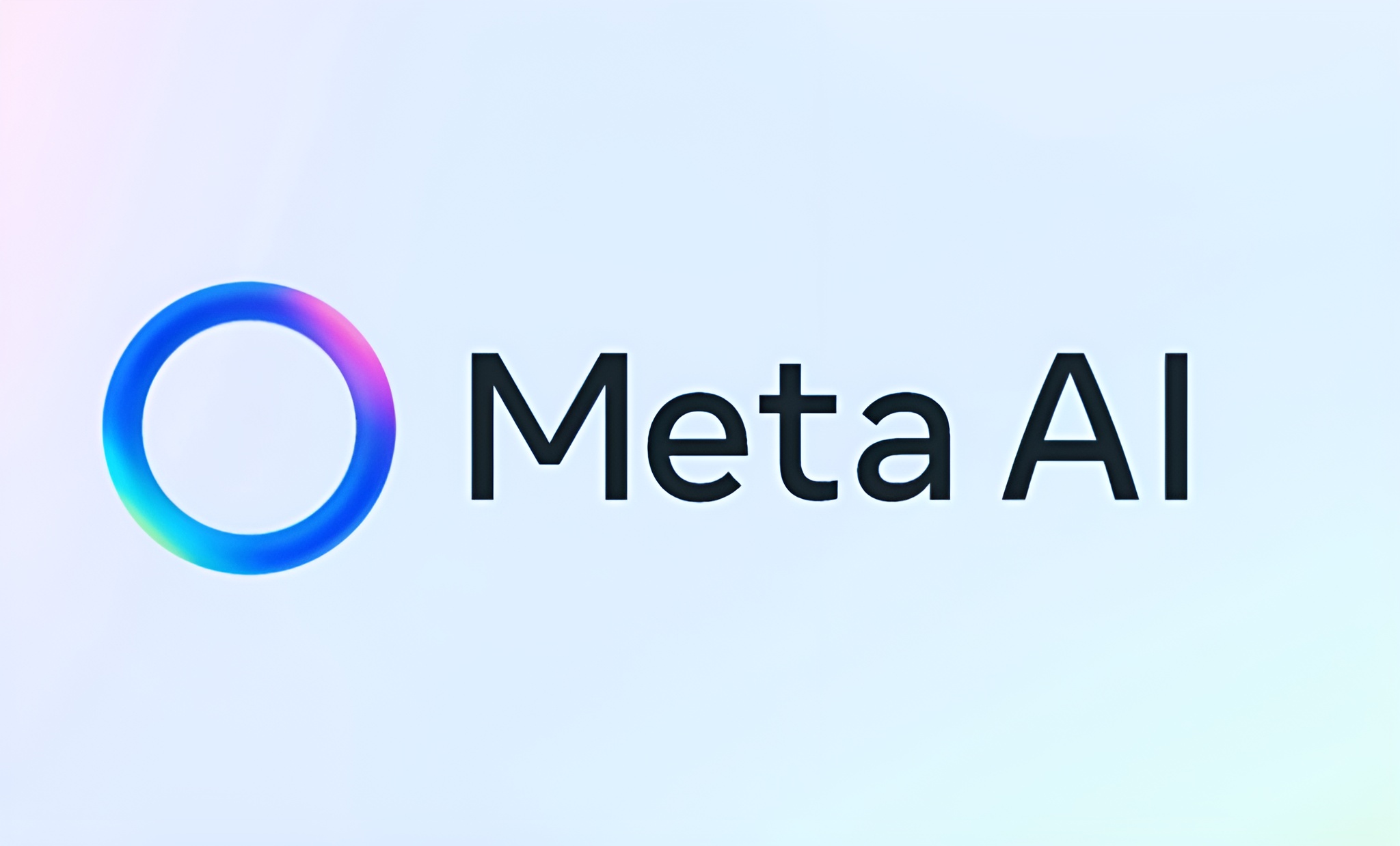Taiwan’s Digital Minister, Huang Yen-nun, discussed deeper cooperation in digital and AI technologies with the United States during the recent APEC conference in Incheon—the talks from 3 August to 6 August marked a new phase in bilateral tech collaboration.
Huang confirmed that the APEC gathering had produced its first joint ministerial statement on digital and AI policy. Ministers pledged to enhance connectivity, prevent digital exclusion, promote trustworthy AI, and accelerate the adoption of responsible technology across the Asia-Pacific region.
Digital goals of Taiwan closely align with the APEC declaration, Huang said, particularly in areas such as online fraud prevention, resilience-building, and expanding the digital economy. He framed the agreement as a strong alignment with national priorities.
Michael Kratsios, director of the White House Office of Science and Technology Policy, was highlighted as a key ally. Huang also held talks with representatives from Japan and Southeast Asia to explore regional cooperation in emerging technologies.
Cybersecurity and semiconductors remain central to Taiwan’s leadership in the technology sector. However, Huang acknowledged that further investment and collaboration with digital trailblazers, such as those in the United States, are needed to maintain the country’s edge in high-value innovation.
Would you like to learn more about AI, tech, and digital diplomacy? If so, ask our Diplo chatbot!










